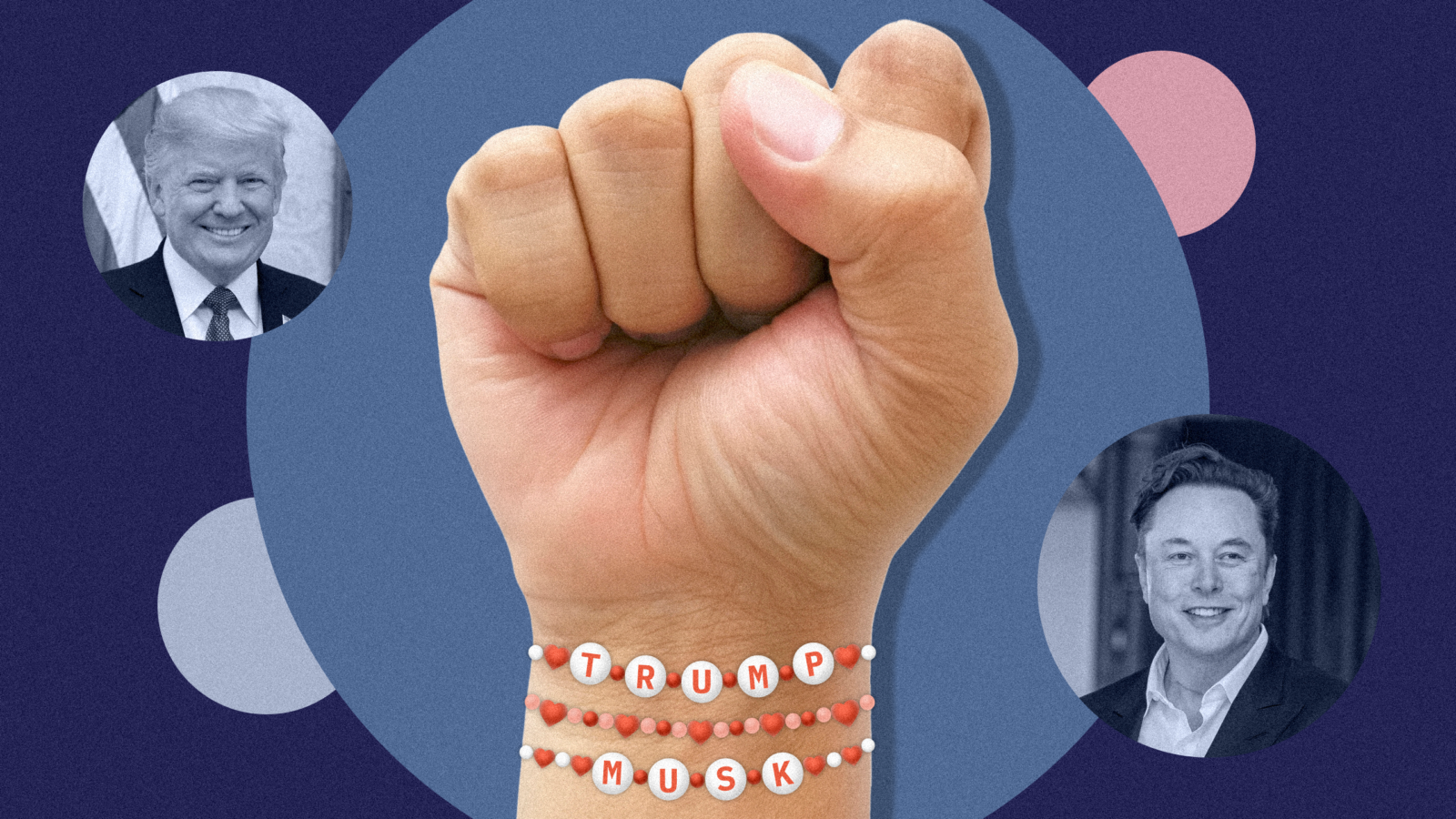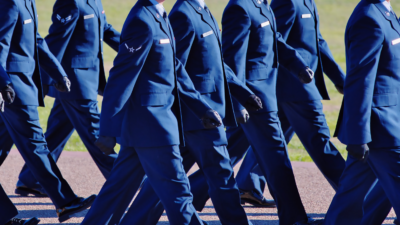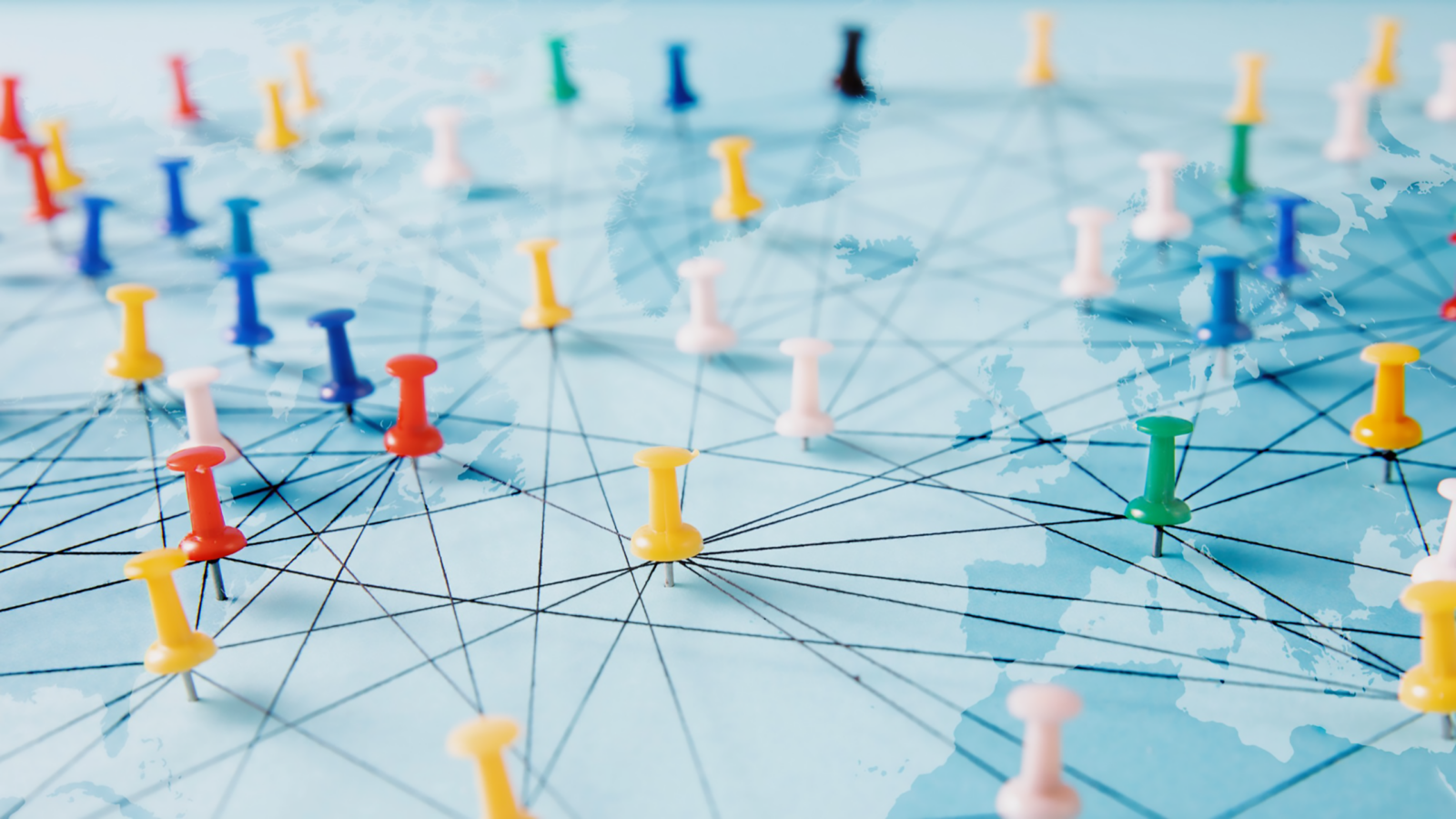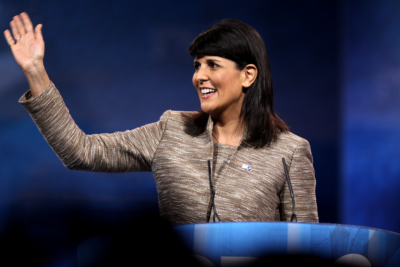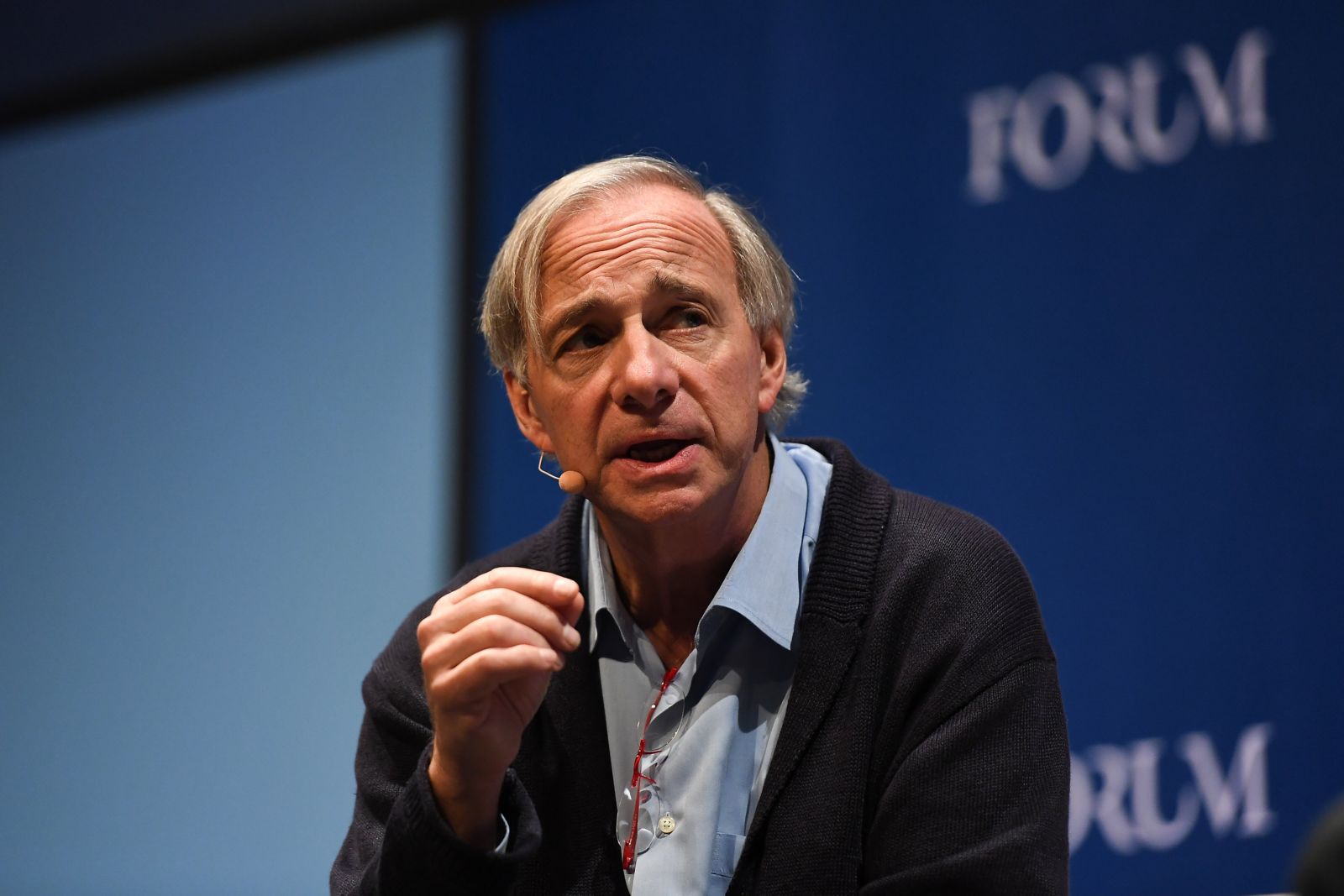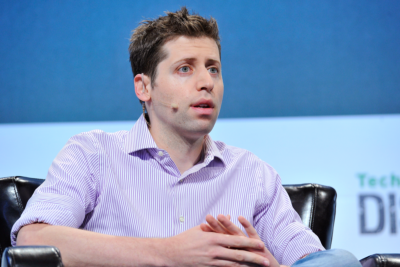Locking Up Journalists: A Sign of the Times?
Russia’s imprisonment of Evan Gershkovich may seem like a one-off, but it is a threat to all of us.
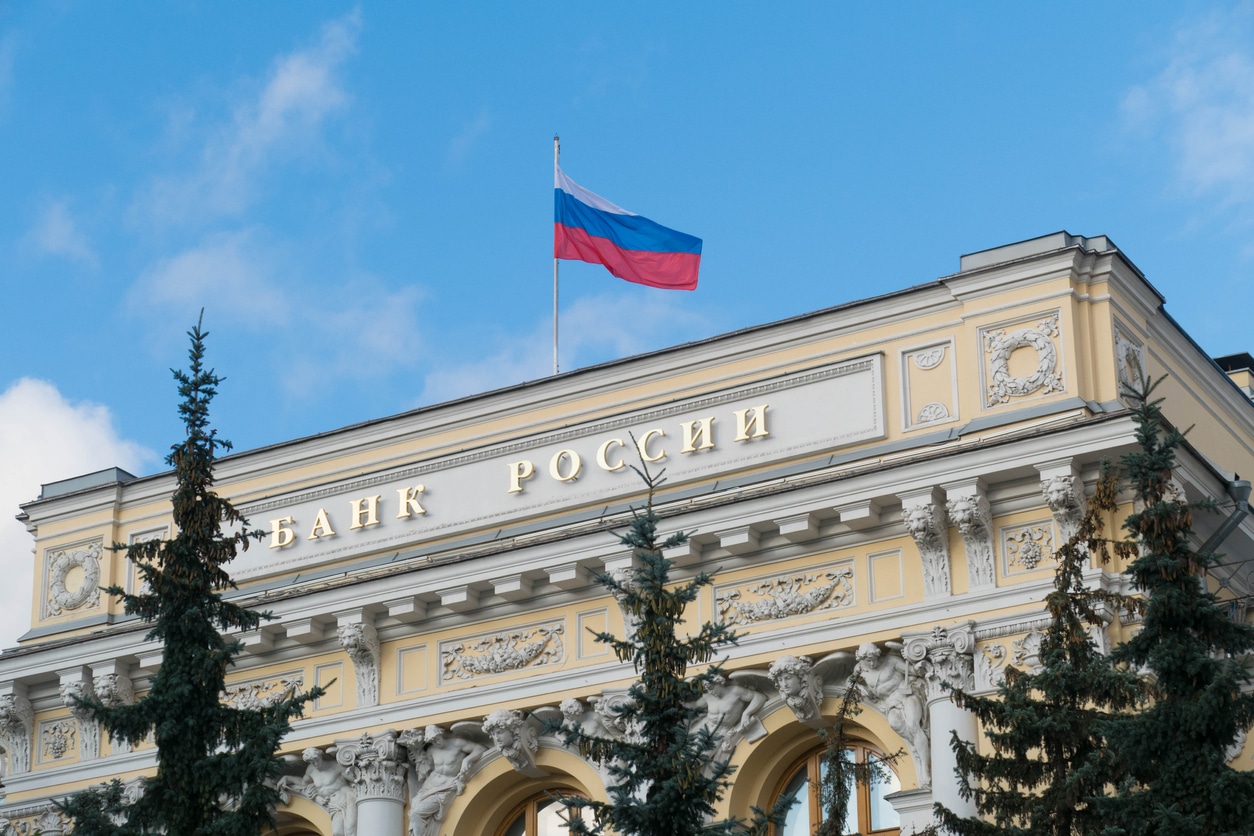
Sign up to unveil the relationship between Wall Street and Washington.
I will never forget the first time I was locked up and interrogated as a journalist. I would go through it more than once in my career, but the first time was the hardest and it affected the rest of my life – not just in how I felt about my work, but my overall sense of security.
I was investigating human rights abuses on the Isle of Jersey, a UK Crown dependency and $2 trillion tax shelter. I was detained for questioning, photographed, fingerprinted and then locked in a room under Heathrow Airport for more than 12 hours, with the guards threatening to hold me indefinitely while they shouted expletives and rooted around in my luggage. By no means a fun time and I doubt anyone afterward felt very proud of themselves.
Today, UK laws don’t even allow a suspected terrorist to be locked up that long. But back in 2011, it was more of a free-for-all and it took some time to challenge and overturn a travel ban the UK attempted to saddle me with – thanks to some help from the UK Parliament and members of the international press.
In the end, I prevailed, but one of the truisms of journalism is that tackling thorny topics from the ground up is patently high risk and will not create change as swiftly as incremental efforts from the top down.
Twelve hours in a windowless basement is nothing compared with what 31-year-old American journalist Evan Gershkovich is now going through. As of this writing, Gershkovich, who has been covering Russia for The Wall Street Journal, has been imprisoned for exactly two weeks following his arrest by Russian security services. The Journal said he dropped out of contact with his editors while working in Yekaterinburg, about 800 miles east of Moscow.
I can only imagine how he must be feeling. The toughest part about detainment is the uncertainty – you have no idea what will happen or how long the process will take – the lack of freedom, the disorientation, and your acute awareness of the total lack of safety.
As is often the case with targeting journalists, the reason given for Gershkovich’s arrest on March 29 by Russian officials was not remotely related to journalism: He was charged with espionage. After his arrest, the Kremlin stated he was caught “red-handed.”
Russia’s FSB security service claimed Gershkovich, the son of Soviet Jewish emigres, had “collected information classified as a state secret about the activities of a Russian defense enterprise.”
Gershkovich and the Journal have categorically denied that he engaged in any illegal activities, or was acting on instructions from the U.S. to spy on Russia, as the FSB claimed. The newspaper is calling the charges “false and unjustified” and demanding Gershkovich’s immediate release.
Gershkovich is thought to be the first American journalist charged with spying by Russia since the fall of the Soviet Union. Espionage in Russia can result in a prison sentence of up to 20 years.
The White House condemned the detainment “in the strongest terms” and confirmed Gershkovich has never spied for the U.S. or worked for the government. In a rare show of unity, U.S. Senate Democratic and Republican leaders Chuck Schumer and Mitch McConnell blasted Gershkovich’s imprisonment in a joint statement. “Journalism is not a crime,” they said. “We demand the baseless, fabricated charges against Mr. Gershkovich be dropped and he be immediately released.”
The Russian Ministry expressed strong distaste over the “fuss” the U.S. was making over Gershkovich, dismissing the pushback as “hopeless and senseless.” Gershkovich has been ordered to remain in detention until May 29. His case is now being handled by the U.S. State Department’s Office of the Special Presidential Envoy for Hostage Affairs, which is tasked with negotiating the release of hostages and Americans wrongfully detained in foreign countries.
In the meantime, Russia’s hostility toward foreign journalists has had a continuous chilling effect on the dwindling ranks of reporters who have remained in the country to cover the invasion of Ukraine and other issues affecting Russia. Gershkovich’s most recent article in the Journal, bearing the headline, “Russia’s Economy is Starting to Come Undone,” could not have made the Russians very happy. It detailed the nation’s declining economy, how the Kremlin was grappling with “ballooning military expenditures” against the demands of social spending, and quoted one oligarch saying, “There will be no money next year.”
What Gershkovich’s imprisonment will mean for journalism remains to be seen, but foreign journalists in Russia are now on notice that they are vulnerable if they engage in acts of reporting. Some media organizations, such as Bloomberg News, have already pulled out of Russia entirely, joining a growing list of companies making a clean break from the country, from Accenture to Zurich Insurance Group.
It is said that maintaining a strong civil society helps guard against corruption in many countries, but academic research shows this linkage only holds true when a society can generate enough public pressure to enforce frameworks of good governance – and that depends on the press being free.
As of the end of 2022, an estimated 532 journalists were imprisoned due to their work, with China (and Hong Kong) leading, and Myanmar, Iran, Vietnam, Belarus, Syria, Saudi Arabia, Egypt and Turkey the next-biggest offenders, in that order, according to Reporters Without Borders.
All of which is a good reminder that without a free press, holding power to account becomes increasingly difficult, posing a threat to all of society.
*Power Corridor is the newest publication from The Daily Upside. Delivered twice weekly, Lead Editor Leah McGrath Goodman gives readers a unique view into the interplay between Wall Street and Washington. Sign up for free here.*
The views expressed in this op-ed are solely those of the author and do not necessarily reflect the opinions or policies of The Daily Upside, its editors, or any affiliated entities. Any information provided herein is for informational purposes only and should not be construed as professional advice. Readers are encouraged to seek independent advice or conduct their own research to form their own opinions.
